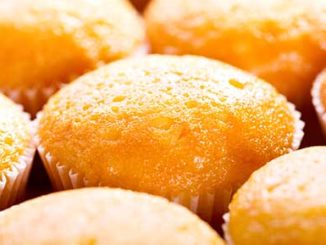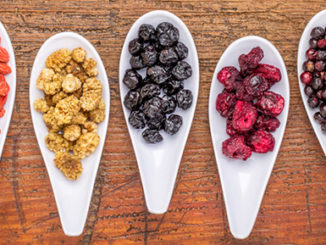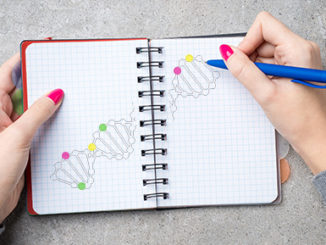B Vitamins Protect Against Harmful Epigenetic Effects of Air Pollution
Air pollution has a negative impact on our health and can also adjust important chemical tags on our DNA. Aside from taking steps to reduce pollution in our communities, a new study suggests that we can take B vitamins to combat the harmful effects on our bodies. Particulate matter with a diameter less than 2.5 micrometers, or 3% of the diameter of human hair, is known as PM2.5. These fine particles have been shown to wreak epigenetic havoc on our [more…]












